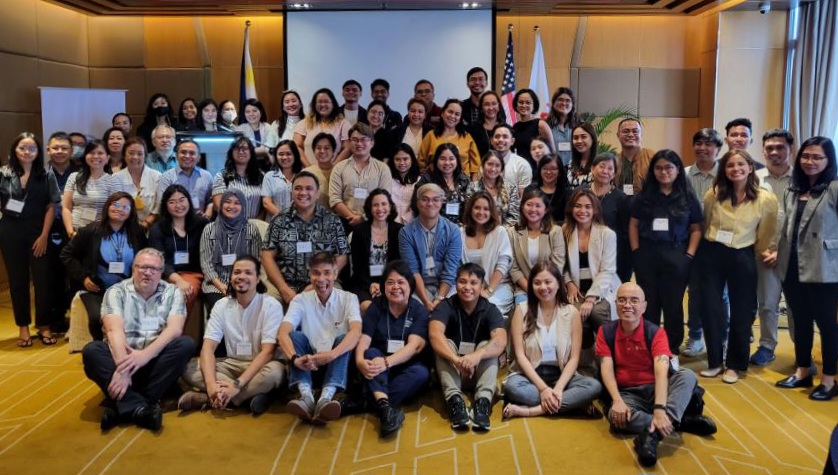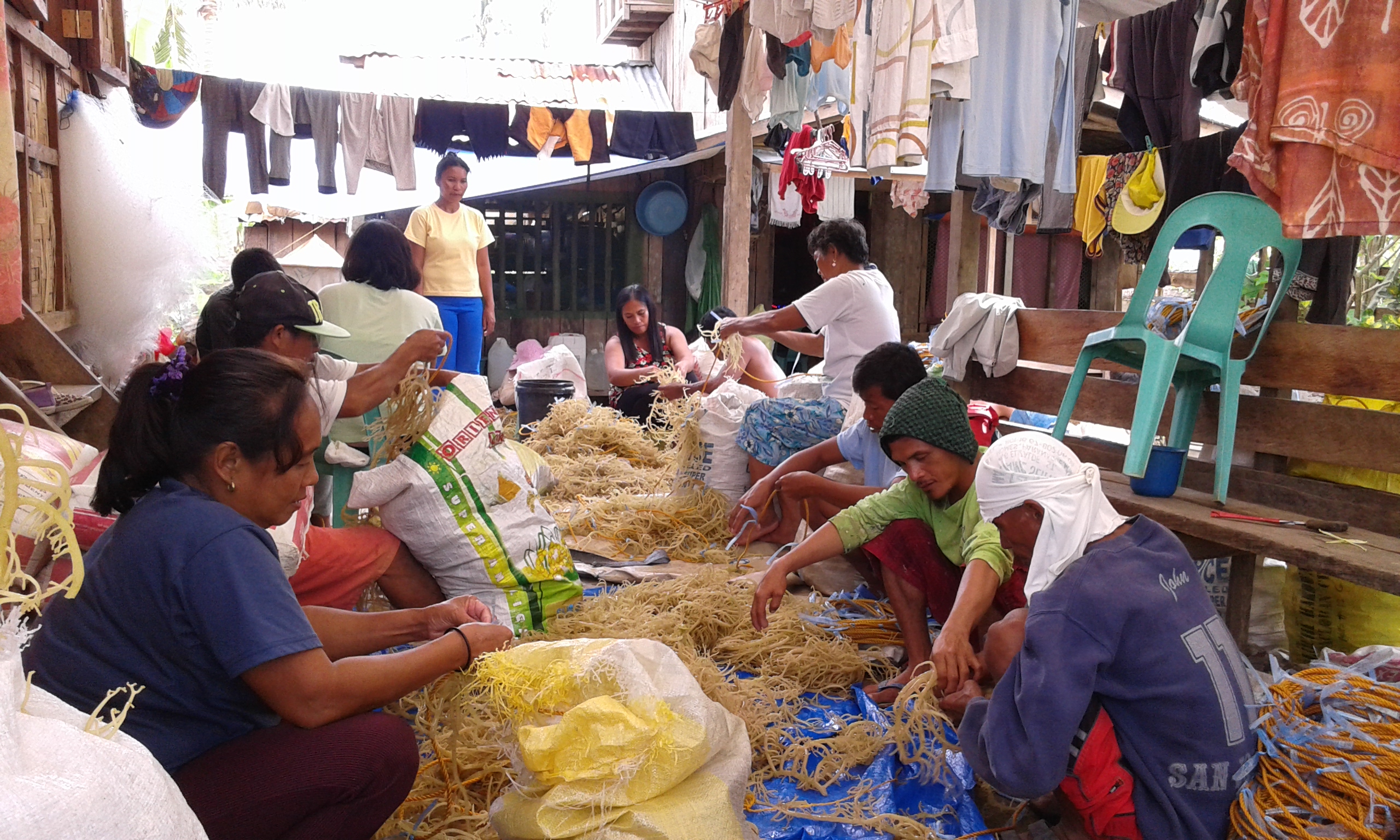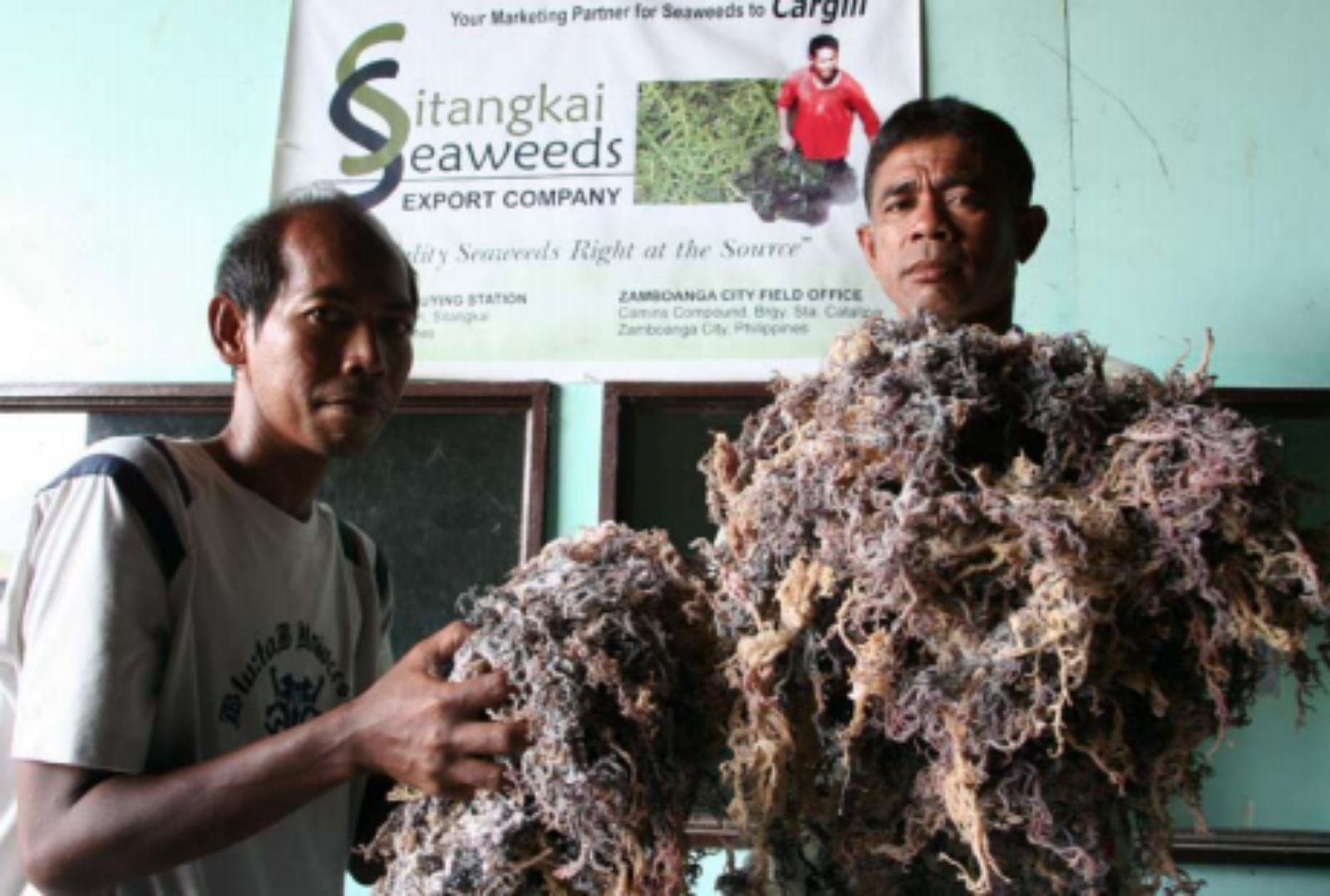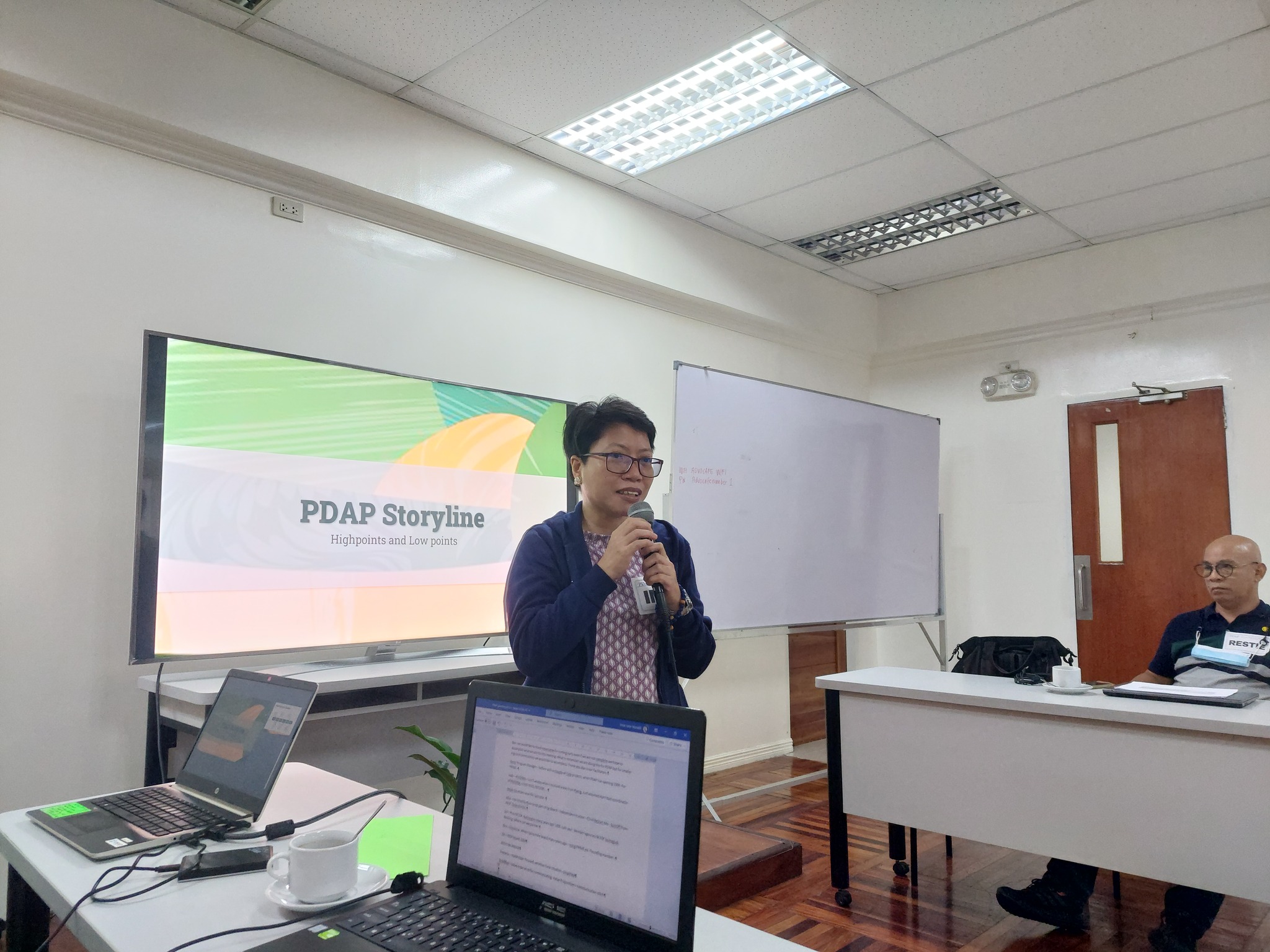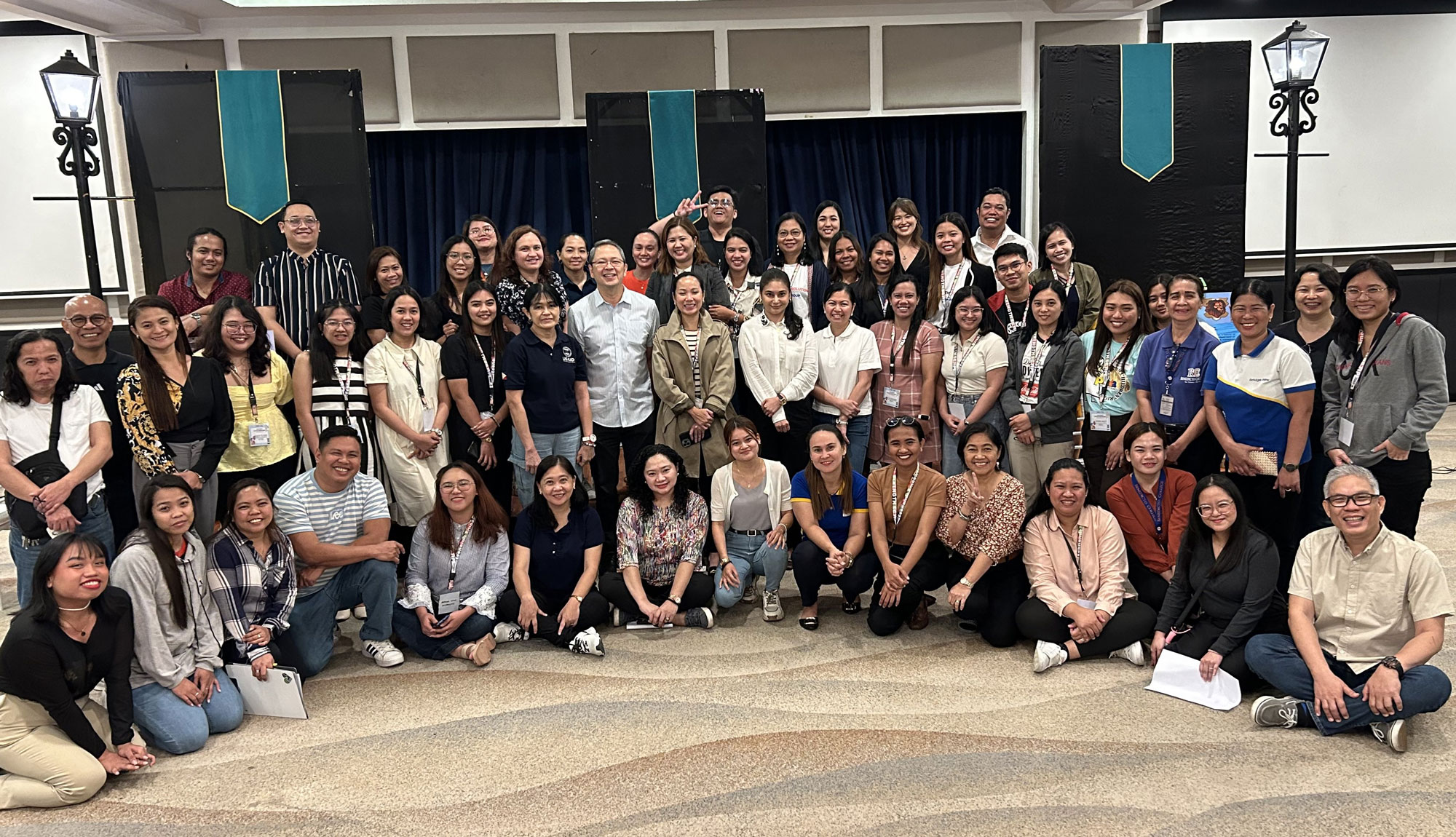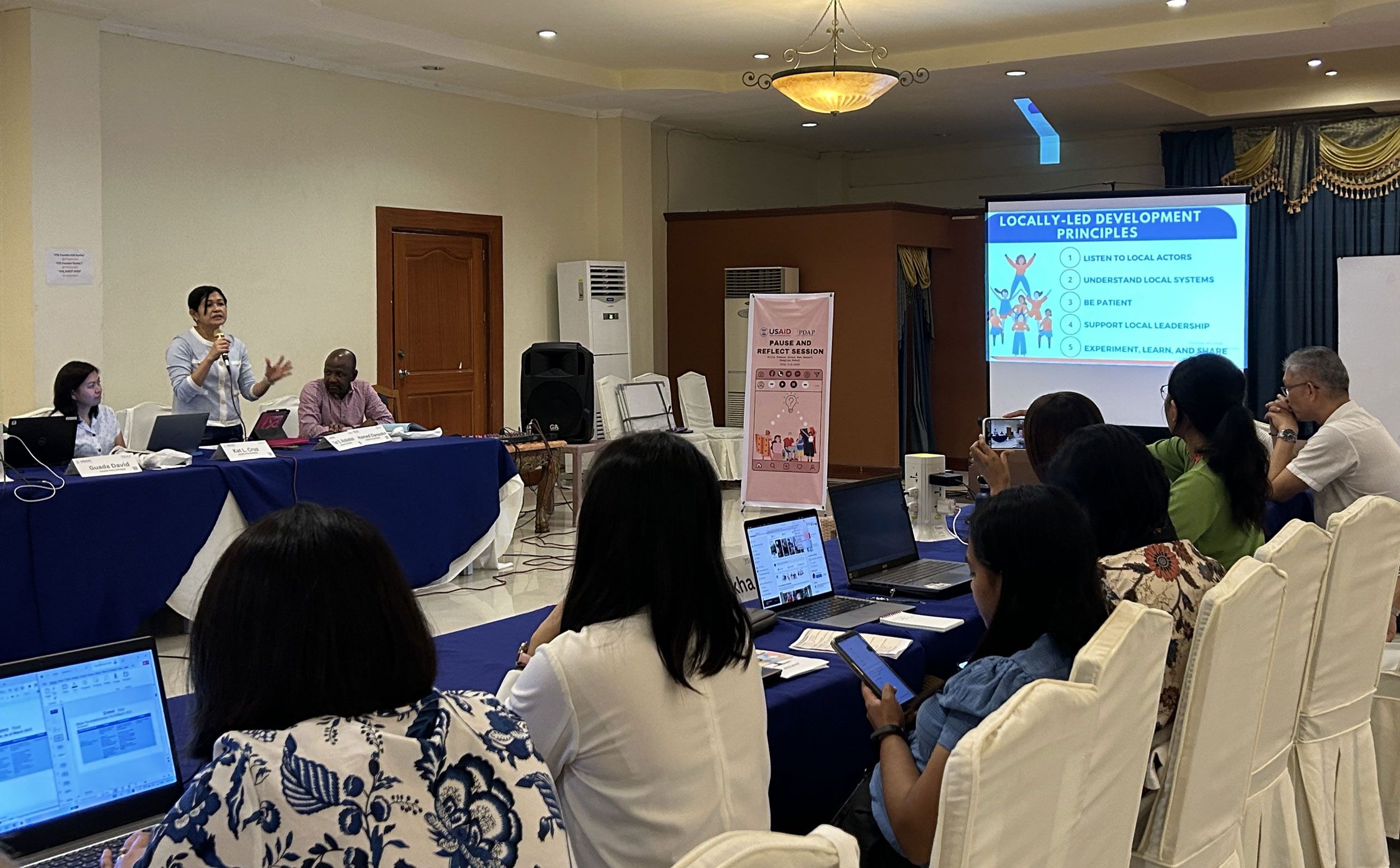STRENGTH-CTIP PROJECT
The Strengthening Local Systems and Partnerships for More Effective and Sustainable Counter-trafficking in Persons in the Philippines (Strength-CTIP) Project is a five-year (2019-2024) cooperative grant agreement between the United States Agency International Development (USAID) Philippines and PDAP. It is part of the Locally-Led Development Initiative (LLDI) of the USAID and endeavors to empower local stakeholders to take the lead in identifying and addressing development challenges in their respective communities. The SCTIP Program implements priorities across the four pillars (4Ps) of CTIP strategy, including the prevention of TIP, protection of victim-survivors, prosecution of perpetrators, and partnerships and aligns with the recommendations of the US Department of State TIP Report and key result areas (KRA) of the Government of the Philippines (GPH)) National Strategic Action Plan Against TIP.
Its three (3) components include the following:
- Subgrant Management. Through the 4Ps CTIP strategy, fourteen (14) subgrants have been managed by PDAP-SCTIP beginning March 2020. The subgrants are categorized into three (3) main categories of intervention that directly contribute to the 4Ps, including Comprehensive Service Delivery; Institution and Coalition Building; and Research, Advocacy, and Capacity-Building.
Subgrants were awarded to thirteen (13) local organizations working in nine (9) regions in Luzon, Visayas, and Mindanao. Subgrantees include the following:
- A Child’s Trust is Ours to Nurture, Inc. (ACTION)
- Atikha Overseas Workers and Communities Initiative, Inc. (Atikha)
- Balay Alternative Legal Advocates for Mindanaw, Inc. (BALAOD Mindanaw)
- Blas F. Ople Policy Center and Training Institute, Inc. (Ople Center)
- Bidlisiw Foundation, Inc. (Bidlisiw)
- Children’s Legal Bureau, Inc. (CLB)
- Conrado and Ladislawa Alcantara Foundation, Inc. (CLAFI)
- Fellowship for Organizing Endeavors, Inc. (FORGE)
- Hospicio de San Jose, Inc. (Hospicio)
- Katilingan sa Kalambuan, Org. Inc., (KKI)
- People’s Recovery, Empowerment and Development Assistance Foundation, Inc. (PREDA)
- Philippine Survey and Research Center, Inc. (PSRC)
- Tambayan Center for Children’s Rights, Inc. (Tambayan)
2. Support to Inter-Agency Council Against Trafficking (IACAT). The Program supports the national IACAT mainly through subgrants implemented in various parts of the country. Support has also been in the form of PDAP-SCTIP participation in specific IACAT activities in line with the 3rd National Strategic Action Plan 2017-2022 and 4th National Strategic Action Plan 2023-2027.
Part of this component is the coordination with other donor programs with CTIP focus. In the course of SCTIP implementation, PDAP coordinated with CTIP programs supported by local and international development institutions.
3. Development of a Good Practices Guide on Economic Empowerment. Intended to support prevention and reintegration interventions for victim-survivors, their families, and their communities, the guide is a compilation of good practices by NGOs, local governments, cooperatives, and the private sector in supporting economic activities of TIP survivors and their families.
Useful links
Contact us
Partnership for Development Assistance in the Philippines Inc. (PDAP)
Email: [email protected]; [email protected]
Copyright 2024 By PDAP

